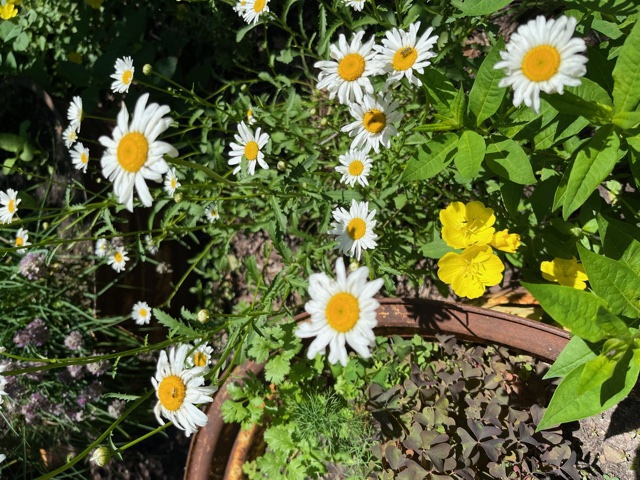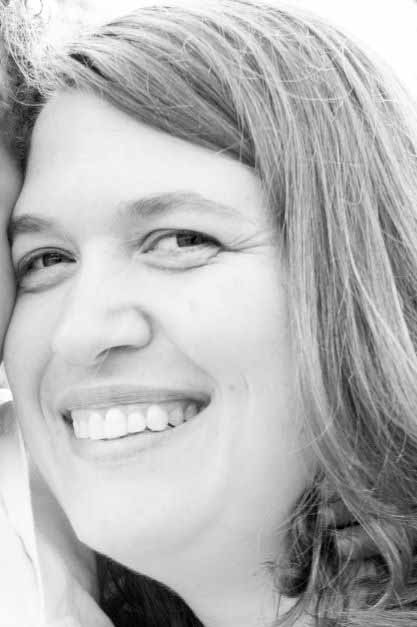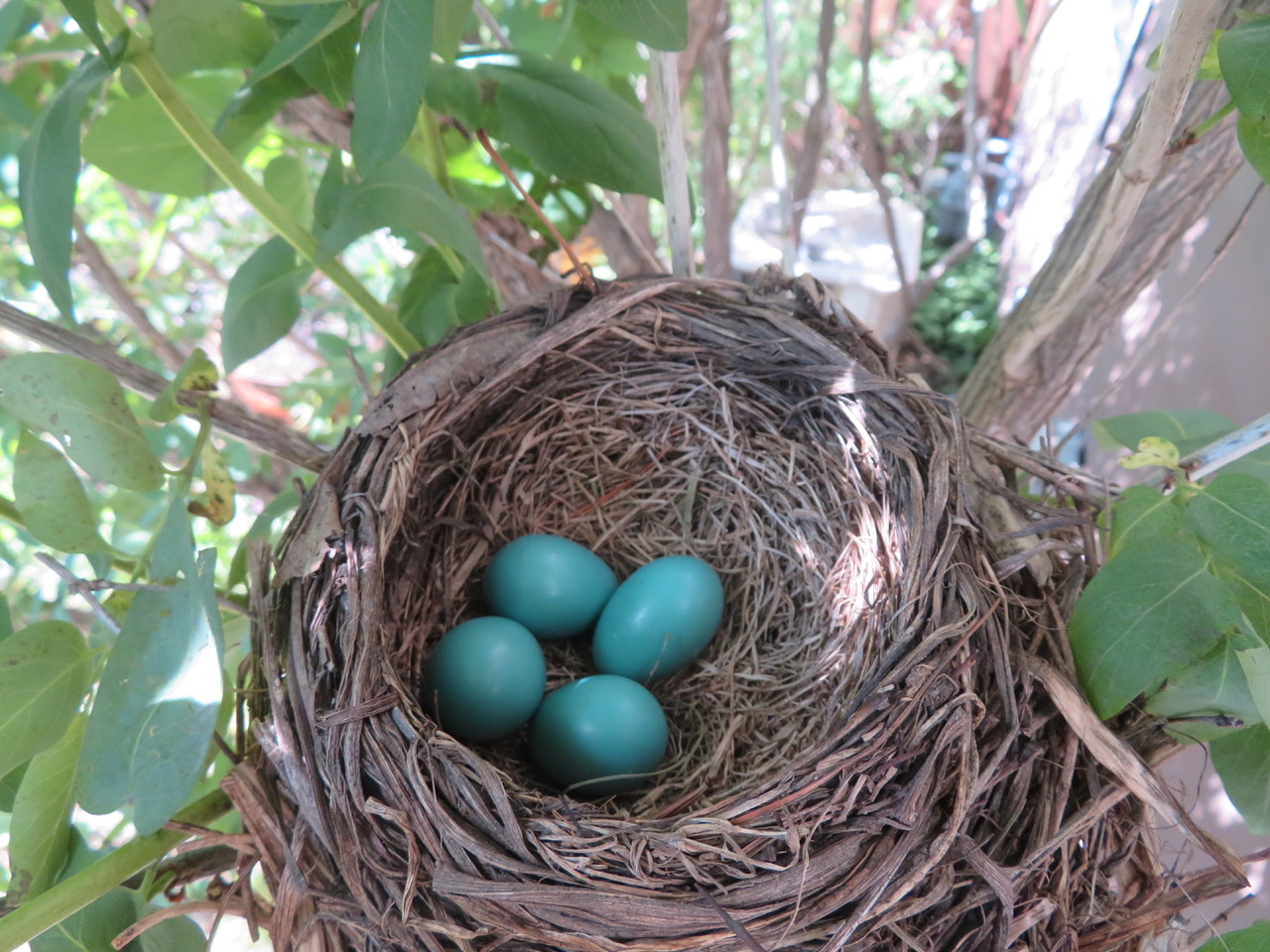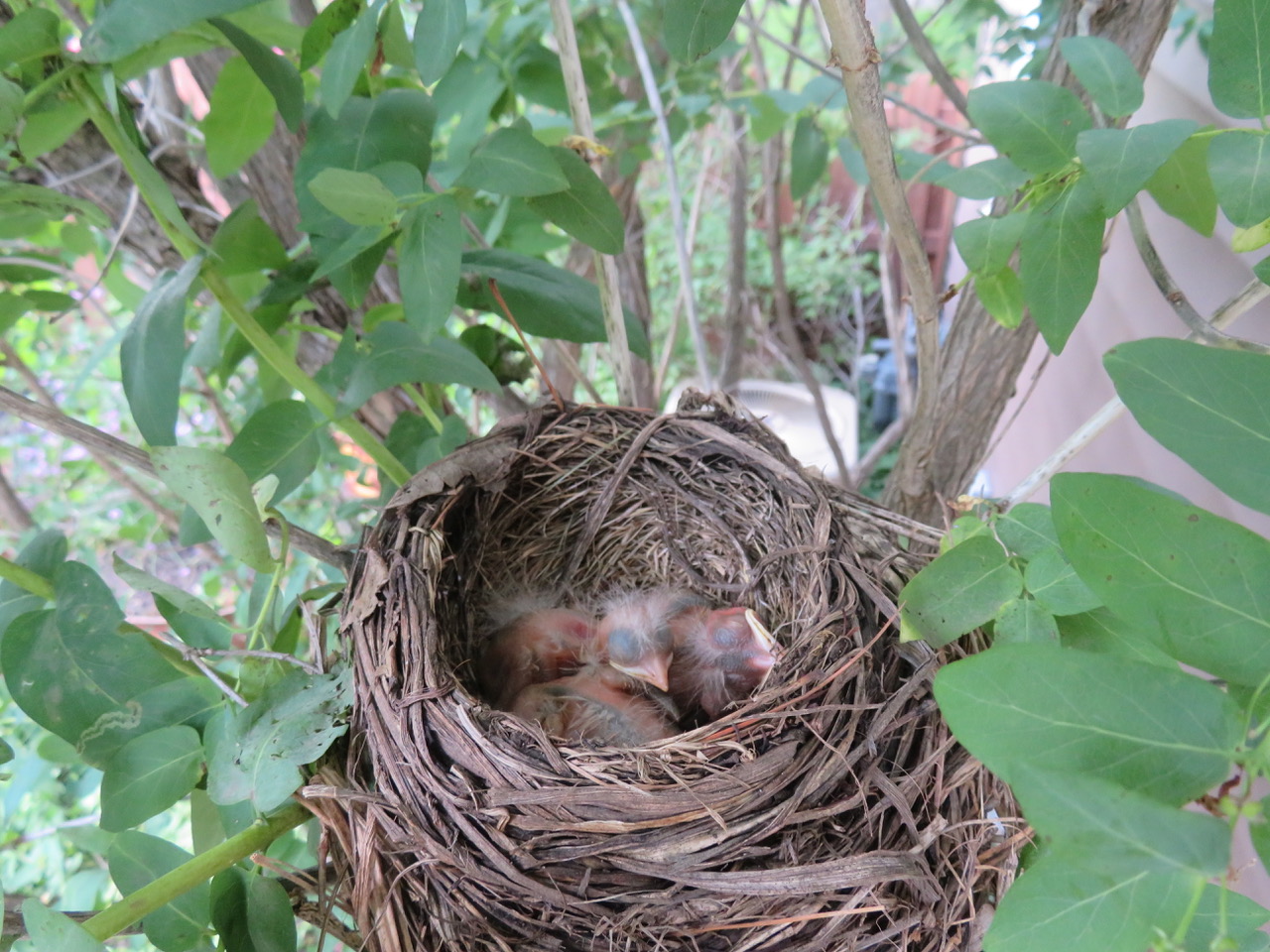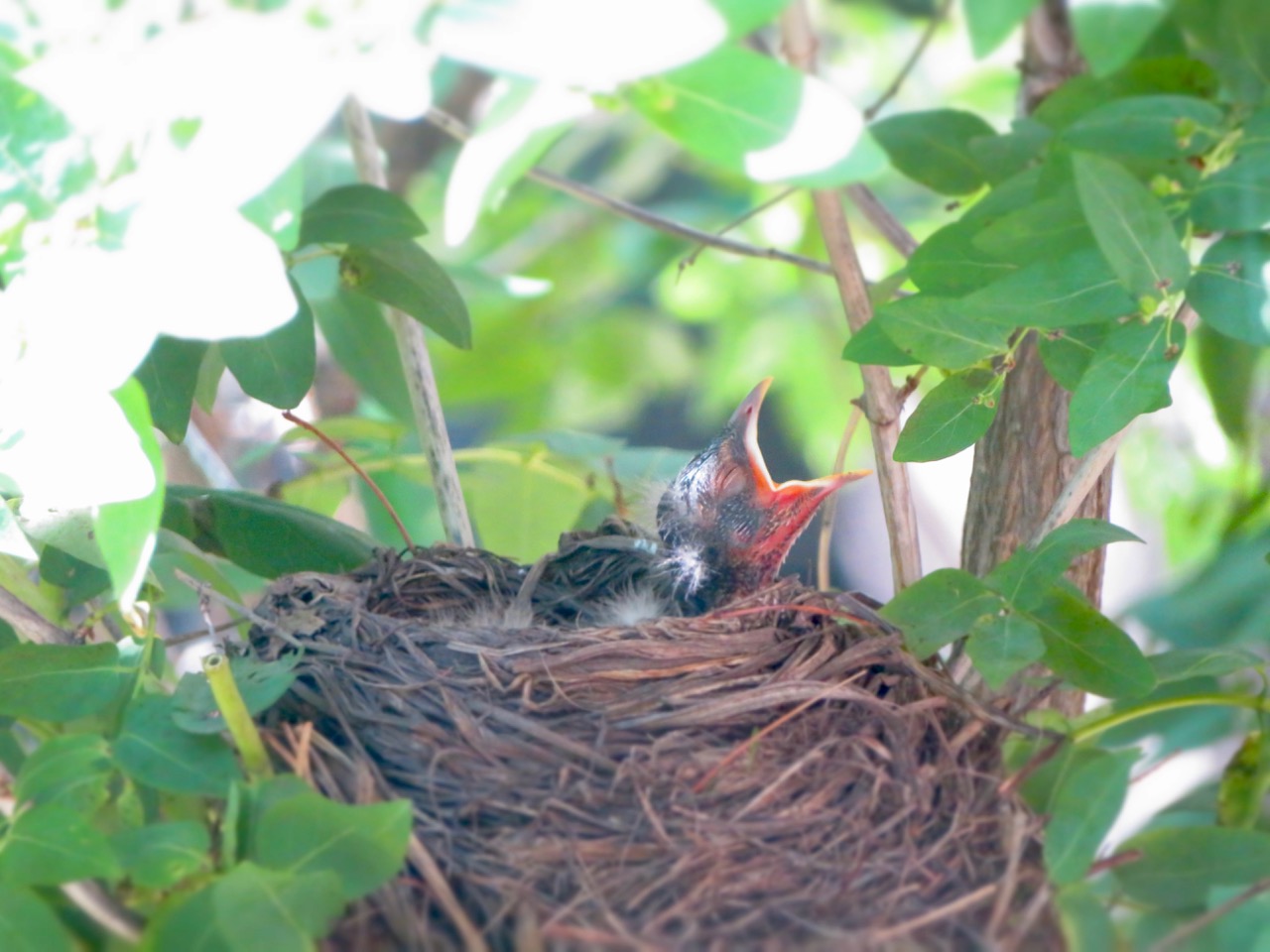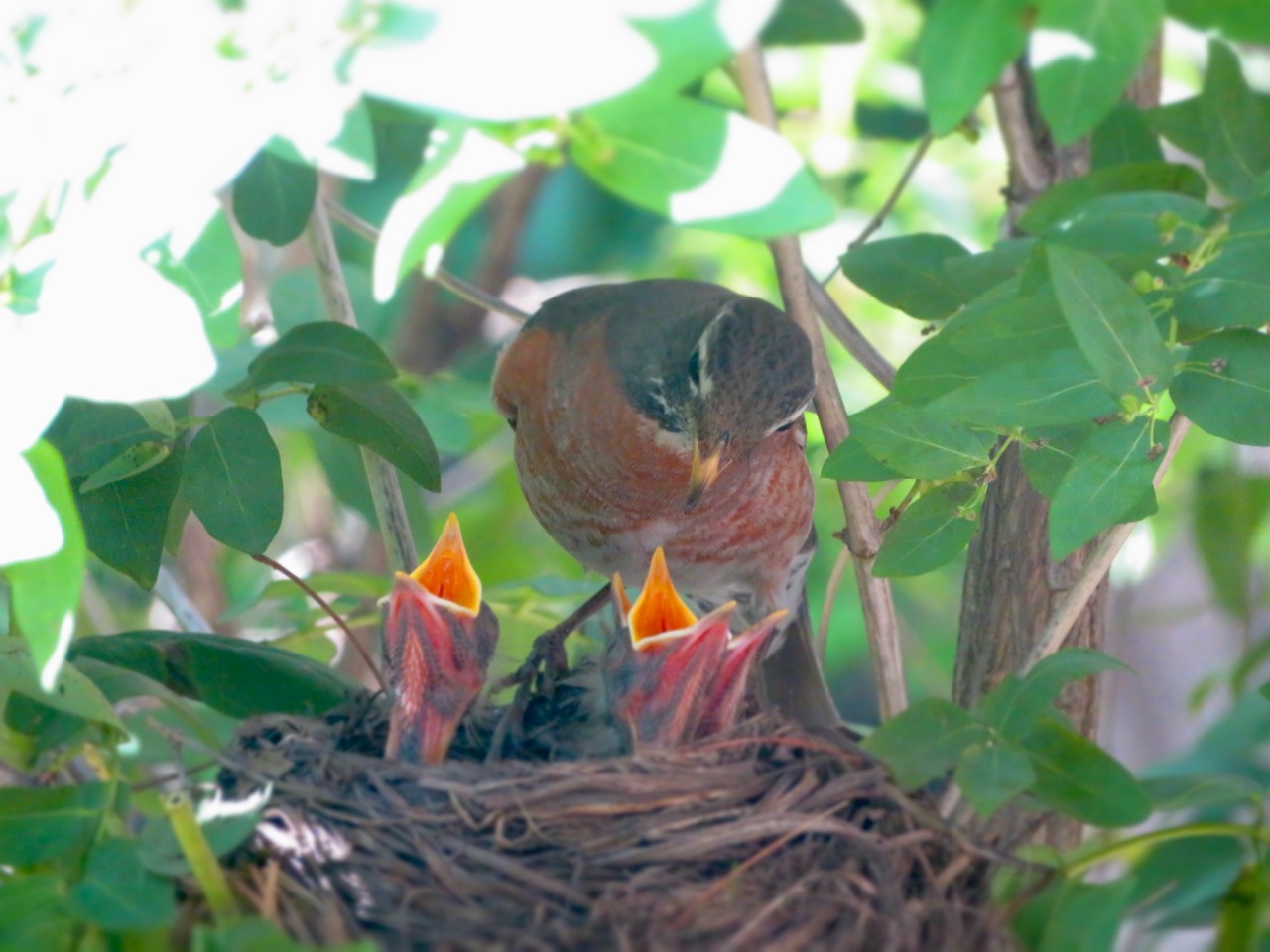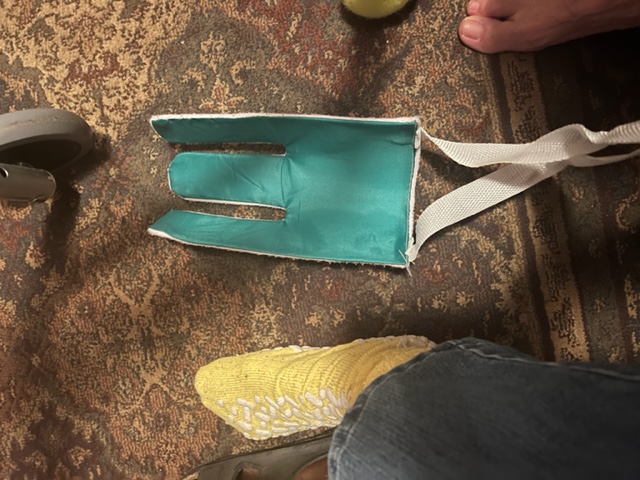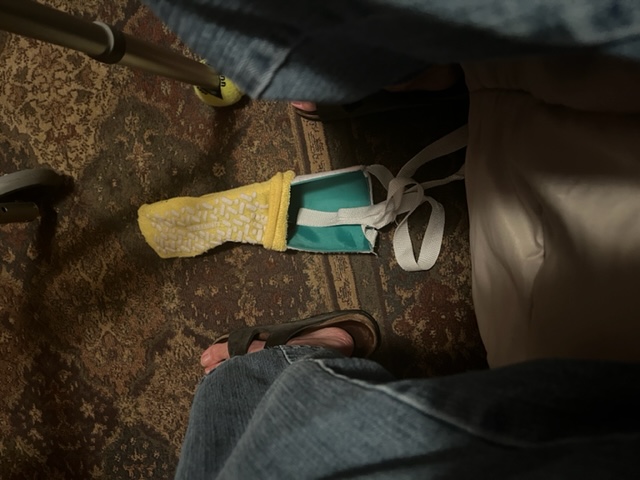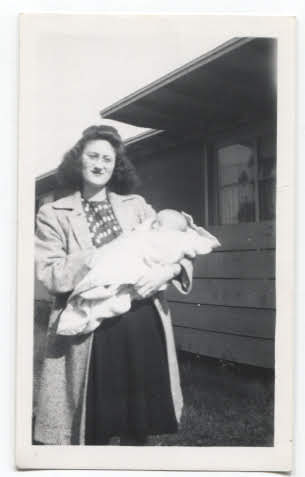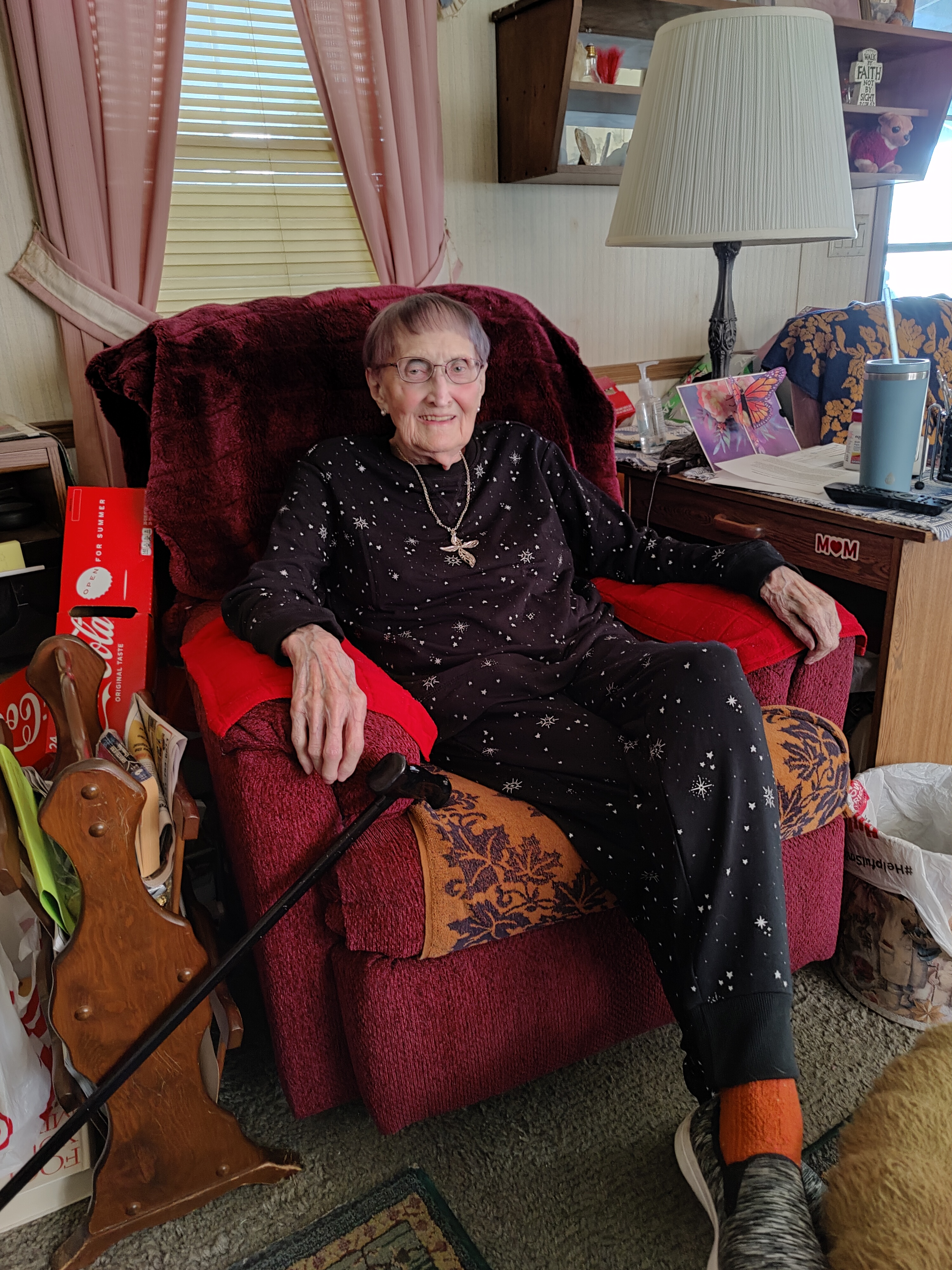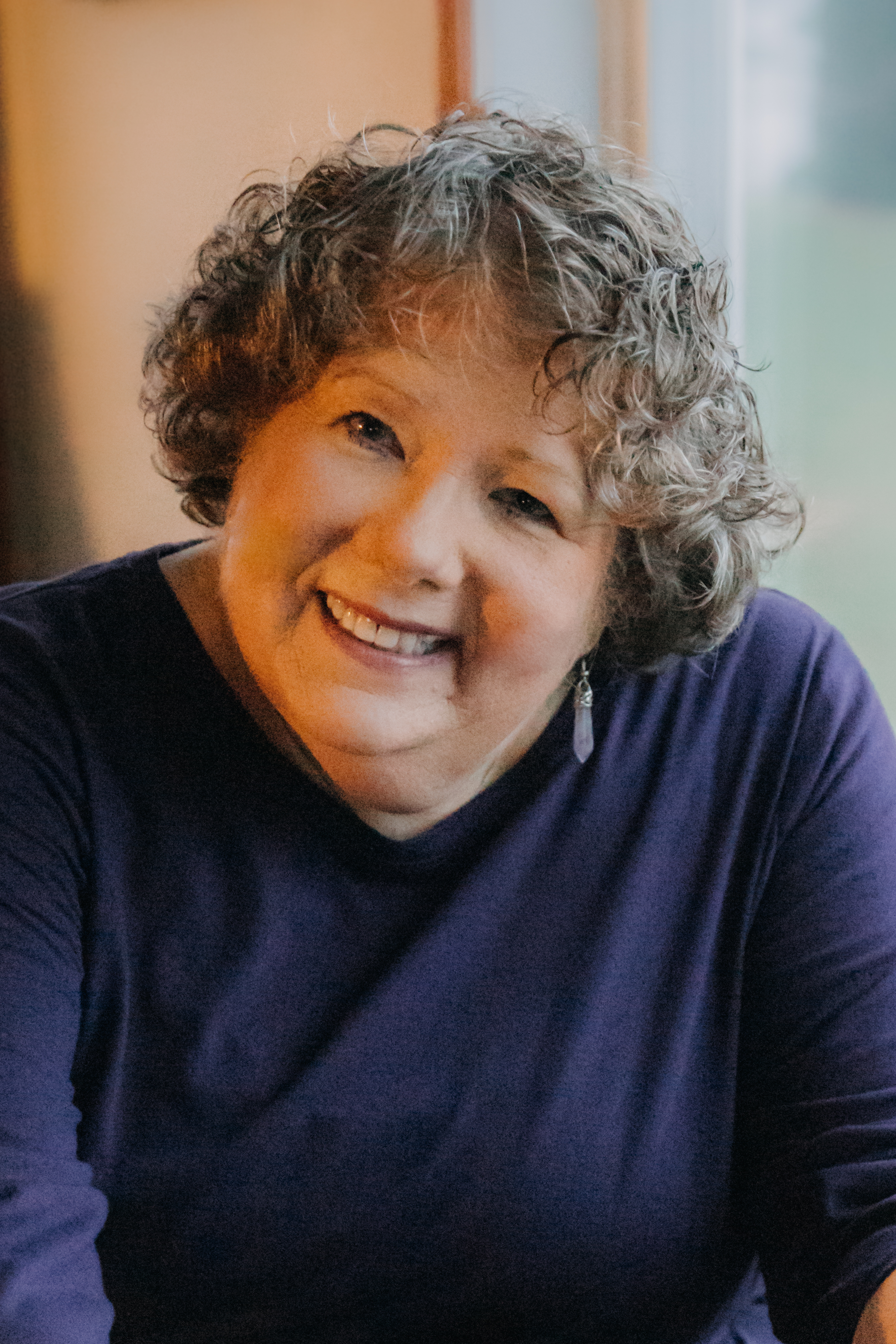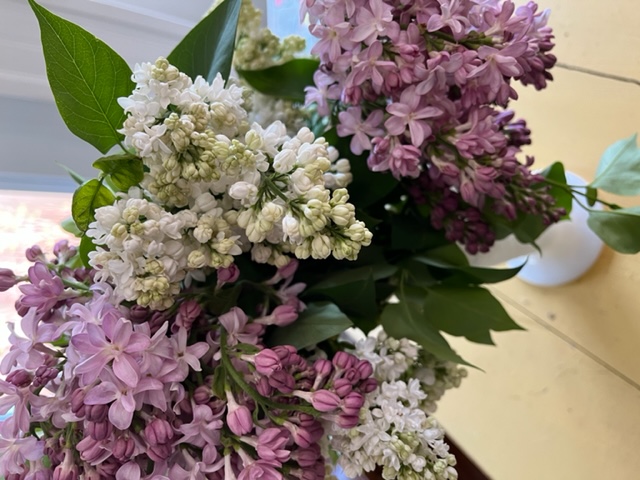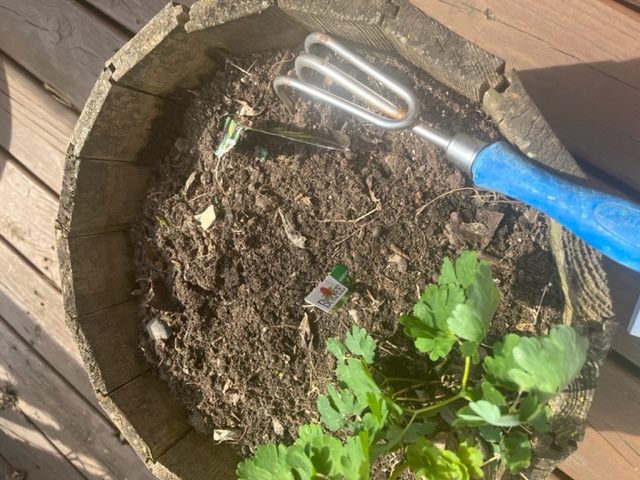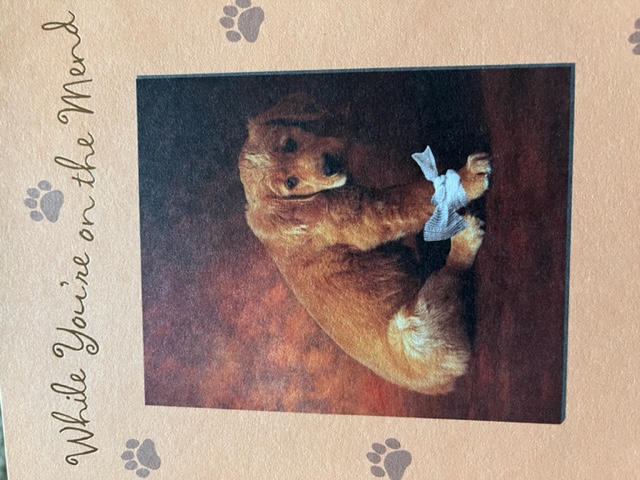Julie Arduini has visited DARE TO BLOOM before, but this time, she’s really been industrious! She’s introducing a the first novel in her six-book Surrendering Hearts series. She shares her unique plot idea with us, and is offering a choice of a paperback copy or an e-book to a commenter here.
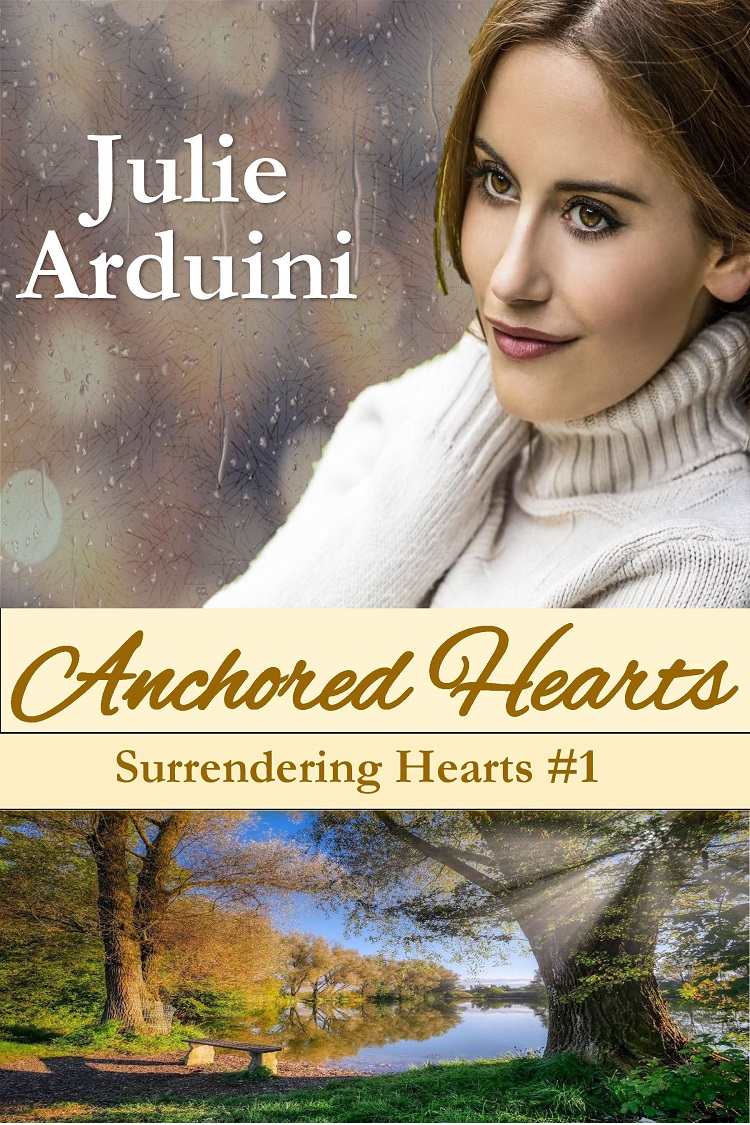
I enjoy hearing the inspiration behind new things. Couples and how they met. Employees and how they ended up in their career. Authors and how they came to the idea for their book. With my new release, Anchored Hearts, it’s quite the journey on how the book and series started.
My new series, Surrendering Hearts, revolves around the question, what if a family with a unique birth story stayed in the national spotlight because of tragedy? It took a while to come to that question, but it all started with a chat one day I had with my sister. We were talking about unique birth stories and she encouraged me to write about it. One idea we tossed around was about donor siblings. We also talked about multiples.
I followed the McCaughey septuplets since their birth and looked forward to the annual interview Ann Curry would host showing the world how the family was doing. When that conversation came with my sister, I thought about a fictional family of multiples.
From there, I considered how inspired and challenged I was watching This is Us. The writing fascinated me. How did they create such complex characters and span those decades? When that drama started, I wondered could I even attempt writing anything with a big family at the center?
It took years of starts and re-starts, but Surrendering Hearts is a fleshed-out six book series about the fictional Hart sextuplets from Upstate New York. Each sibling will get their own book to answer the question about the national spotlight. Each book will also show their quest to discover their own identity and find a love like the one their parents shared.
First up is Jordyn, the oldest and the one having a hard time giving up control. What happens when she has a new job and colleague who is just like her?
Can two go-getters surrender their need to control and find a happily-ever-after?
Jordyn Bell Hart succeeds in most everything she does. Her promotion to morning show co-anchor blossoms her career in the same way her mother’s work did. Jordyn keeps tabs on her family and enjoys helping them grow. When life around Jordyn starts to change, can she surrender her desire to control?
Spencer Collins knows how to balance a busy life. He has his work as a reporter, his time caregiving for his grieving father, and looking out for his little brother. When he learns he’s the new co-anchor of a morning show with Jordyn Hart, can he handle working with a celebrity who brings a lot of challenges to life on and off the set?
Anchored Hearts
Genre: Christian/Clean & Wholesome romance
Ebook: https://www.amazon.com/Anchored-Hearts-Surrendering-Book-ebook/dp/B09XH1KVXD
Softcover: https://www.amazon.com/Anchored-Hearts-Julie-Arduini/dp/1733687645
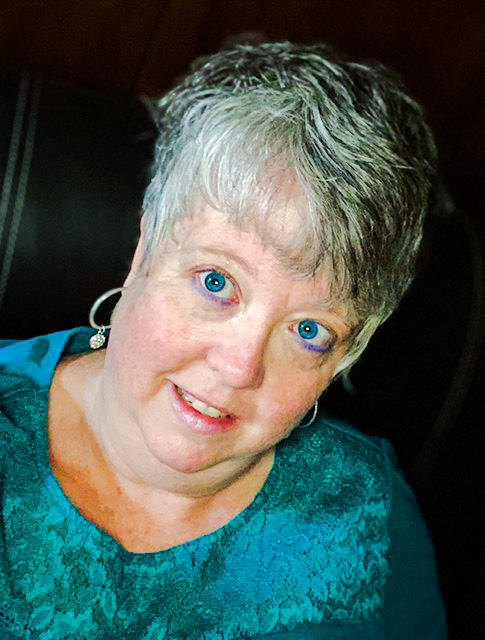
Julie Arduini loves to encourage readers to find freedom in Christ by surrendering the good, the bad, and —maybe one day—the chocolate. She’s the author of the new contemporary romance series SURRENDERING HEARTS (Anchored Hearts, Repairing Hearts, +four more.) Her other romance series is SURRENDERING TIME (Entrusted, Entangled, Engaged.) She also co-wrote a YA series with her daughter, SURRENDERING STINKIN’ THINKIN’ (You’re Beautiful, You’re Amazing, You’re Brilliant.) Her stand-alone romances include MATCH MADE IN HEAVEN and RESTORING CHRISTMAS. Julie maintains a blog at juliearduini.com and participates in the team blog Christians Read. She resides in Ohio with her husband and two children. Learn more by visiting her at http://linktr.ee/JulieArduini.
Julie Arduini loves to encourage readers to find freedom in Christ by surrendering the good, the bad, and —maybe one day—the chocolate. She’s the author of the new contemporary romance series SURRENDERING HEARTS (Anchored Hearts, Repairing Hearts, +four more.) Her other romance series is SURRENDERING TIME (Entrusted, Entangled, Engaged.) She also co-wrote a YA series with her daughter, SURRENDERING STINKIN’ THINKIN’ (You’re Beautiful, You’re Amazing, You’re Brilliant.) Her stand-alone romances include MATCH MADE IN HEAVEN and RESTORING CHRISTMAS. Julie maintains a blog at juliearduini.com and participates in the team blog Christians Read. She resides in Ohio with her husband and two children. Learn more by visiting her at http://linktr.ee/JulieArduini.


